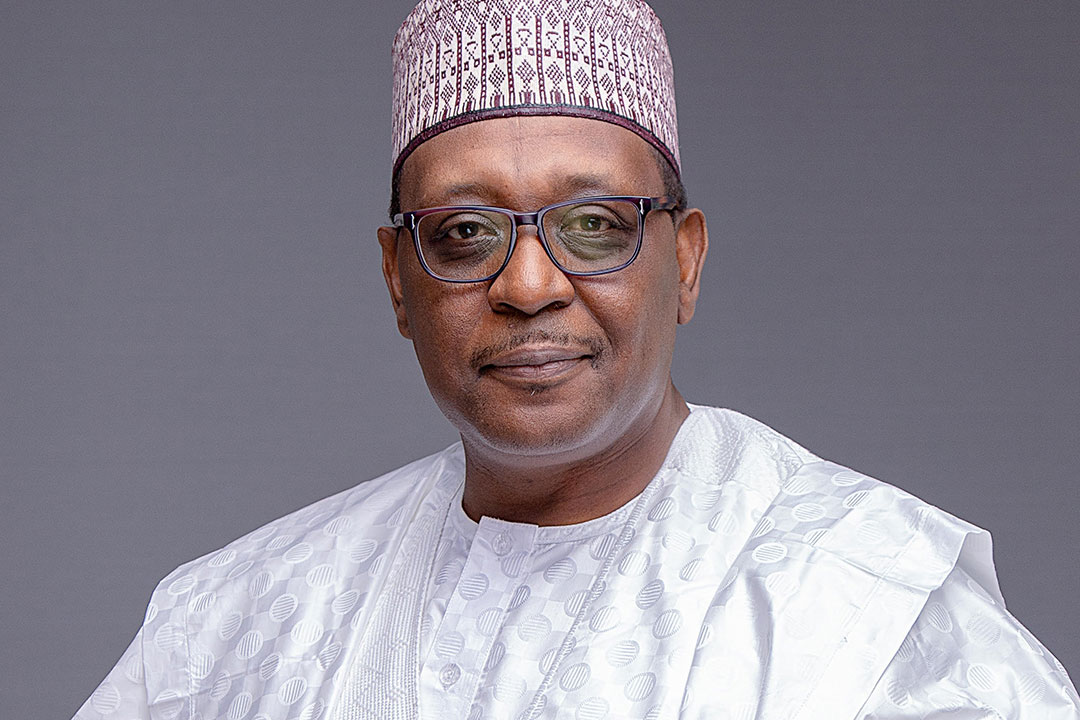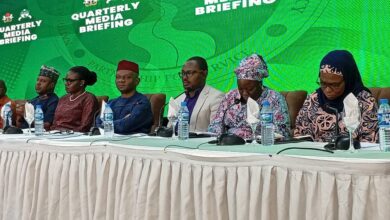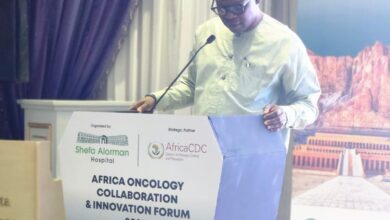
In line with its effort to strengthen Primary Healthcare Centers (PHCs) across the country, the federal government has approved N1 trillion ($1.2 billion) in performance-based financing for states to recruit more health workers and improve services.
The Minister of Health and Social Welfare, Prof. Muhammad Pate made this known on Tuesday, at the 2025 First Quarter Review Meeting of the Northern Traditional Leaders Committee (NTLC) on Primary Health Care Delivery held in Abuja.
Pate highlighted ongoing challenges in Nigeria’s polio eradication efforts, to include gaps in vaccination team selection, training, accountability and frontline engagement.
“Recent visits to four states, conducted alongside the Chair of the Polio Oversight Board (POB) and NTLC leaders, identified these gaps, with concerns over finger-marking compliance and the need for improved supervision.
“We have successfully addressed similar issues in the past. In 2009, despite resource constraints, Nigeria vaccinated more children than in previous years. We have done it before and we can do it again,” he said.
The Minister informed that the federal government was intensifying efforts to revitalise PHCs through training and re-training of 60,000 health workers.
He said that this was also being done by expanding maternal and newborn health services under President Bola Tinubu’s Renewed Hope Agenda and providing free emergency treatment for obstetric complications.
He also announced the launch of the National Health Fellowship Programme, designed to develop young health leaders across Nigeria.
“The programme received over 360,000 applications, with fellows selected purely on merit and set to be deployed nationwide to improve accountability and service delivery.
“To further strengthen PHCs, the federal government has approved N1 trillion ($1.2 billion) in performance-based financing for states to recruit more health workers and improve services,” he said.
Mr Pate also emphasised the threat of misinformation on platforms like WhatsApp and Facebook, calling on traditional and religious leaders to counter conspiracy theories and promote accurate health information.
He urged stakeholders to remain committed, stating that Nigeria’s grassroots-led approach to health interventions was gaining international recognition.
“Together, we have made progress. Together, we have tackled challenges. And together, we will continue to build a stronger, healthier Nigeria”, he said.





